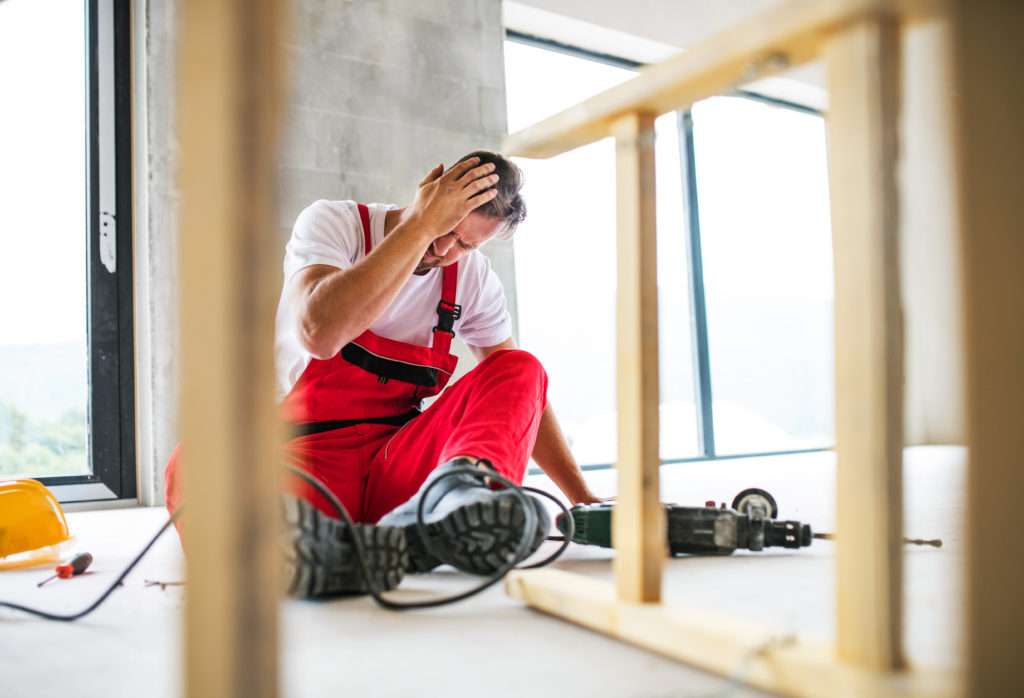Is it getting more difficult to cope?

What is PTSD?
Post-Traumatic Stress Disorder (PTSD) is a mental health condition that’s triggered by a traumatic event. Some people who go through these types of events have difficulty adjusting and coping for awhile. Symptoms may include flashbacks, nightmares and severe anxiety, or uncontrollable thoughts about the event. Symptoms typically start within three months of the event. However, in a small number of cases, PTSD symptoms may not appear until years later.
PTSD Symptoms:
- Flashbacks, or reliving the traumatic event
- Feeling emotionally numb
- Avoiding activities you once enjoyed
- Upsetting dreams about the traumatic event
- Feeling hopeless
- Memory problems
- Trouble concentrating
- Difficulty maintaining close relationships
- Irritability or anger
- Overwhelming guilt or shame
- Trying to avoid thinking or talking about the traumatic event
- Trouble sleeping
- Being easily startled or frightened

Who Gets PTSD?
Anyone of any age can get Post-Traumatic Stress Disorder. The most common type of events are combat exposure, childhood neglect and physical abuse, sexual assault, physical attack, or being threatened with a weapon. But many other traumatic events can also lead to Post-Traumatic Stress Disorder, including fire, natural disaster, mugging, robbery, civil conflict, car accident, life threatening medical diagnosis, and other extreme or life threatening events.
Do I Need Help?
Post-Traumatic Stress Disorder symptoms can come and go. You may have more symptoms when things are stressful in general. It’s normal to have a wide range of feelings and emotions after a traumatic event. You might experience fear and anxiety, a lack of focus, sadness, changes in how well you sleep or how much you eat, or crying spells that catch you off guard. You may have nightmares or be unable to stop thinking about the event. This doesn’t mean you have Post-Traumatic Stress Disorder.
However, if you have disturbing thoughts and feelings for more than a month, if they’re severe, or if you feel you’re having trouble getting your life back under control, talk to your health care professional. Getting treatment as soon as possible can help prevent symptoms from getting worse.

